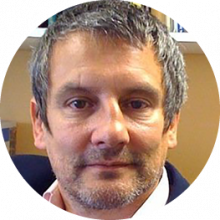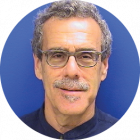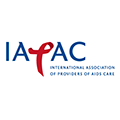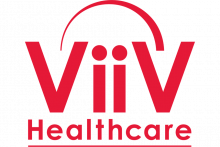Stigma and discrimination can cause major problems for people living with HIV (PLWH). Not only does it have a negative impact on an individual’s daily life and health, but it can also have a serious impact on the public HIV response, treatment, and prevention. Additionally, now that medical advancements make living a long, healthy life with HIV possible, reaching those who have not yet accessed care is the next challenge. Stigma and discrimination are significant factors that contribute to inequitable care and are, therefore, a pillar of the global effort to end the HIV epidemic.
In 2017, HEALTHQUAL at the University of California, San Francisco launched the use of the Southeast Asia Stigma Reduction Quality Improvement Learning Network to enhance the adoption, implementation, and sustainability of a quality improvement (QI) approach to HIV-related stigma and discrimination. QI has been applied frequently to address gaps in HIV clinical outcomes such as care engagement and viral suppression with good success.
The symposium Health Care Quality Improvement as a Tool to Encourage Equitable Care addresses the novel QI approach to addressing HIV-related stigma and discrimination. This included an introduction to the QI program, its successful implementation in Malaysia, and a similar approach studied in Taiwan. There was also additional time for discussion about the potential dissemination of the system worldwide.










